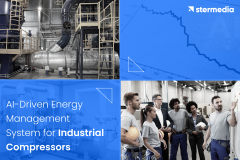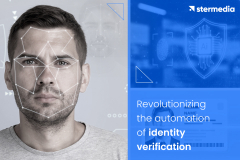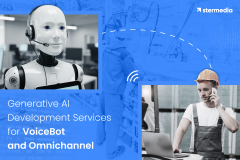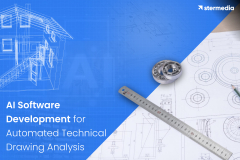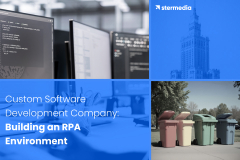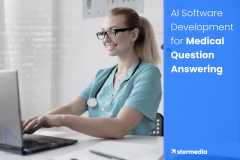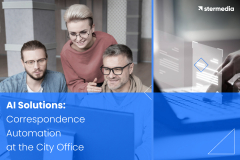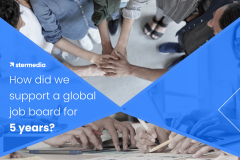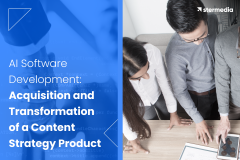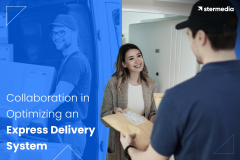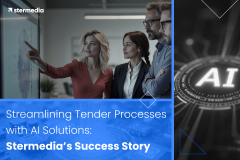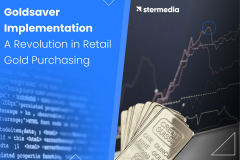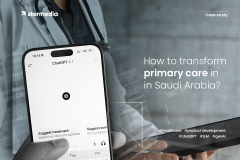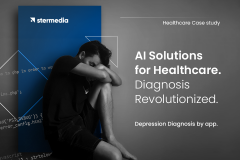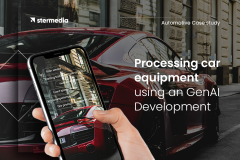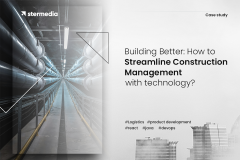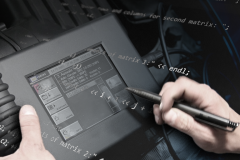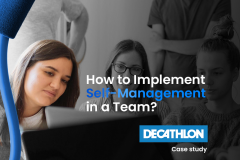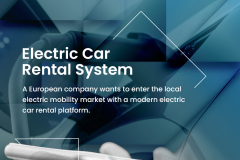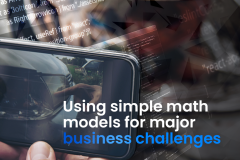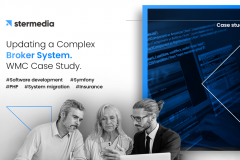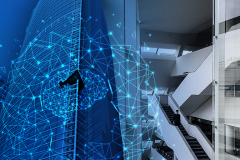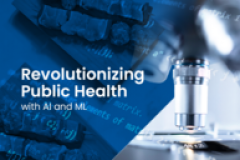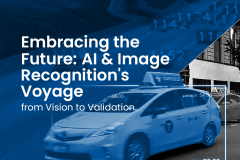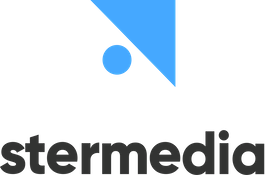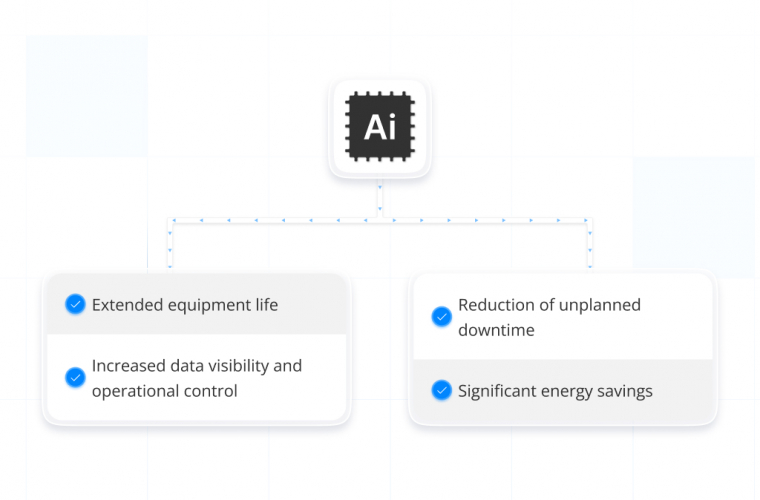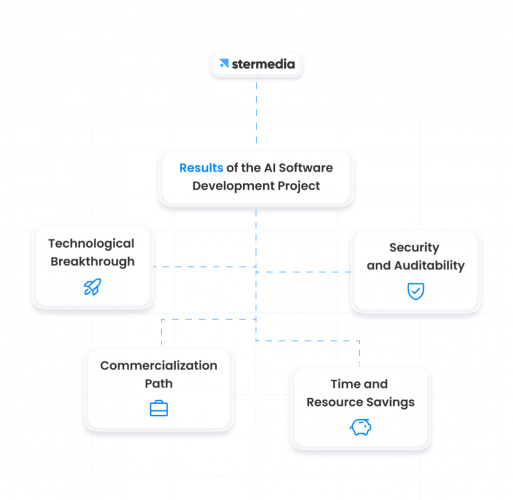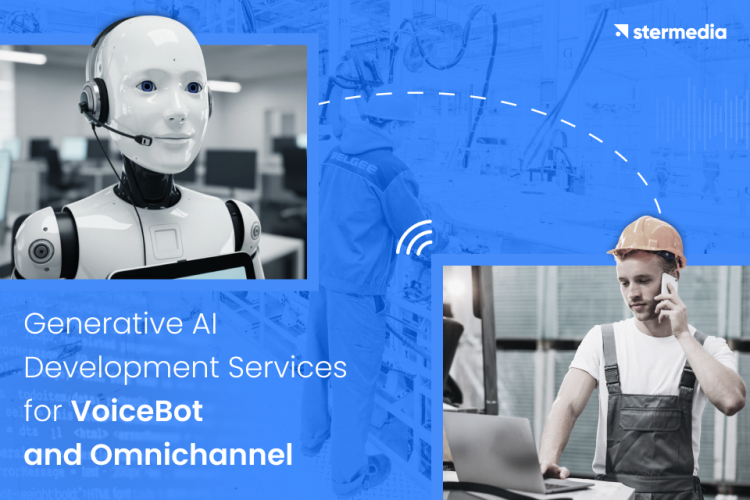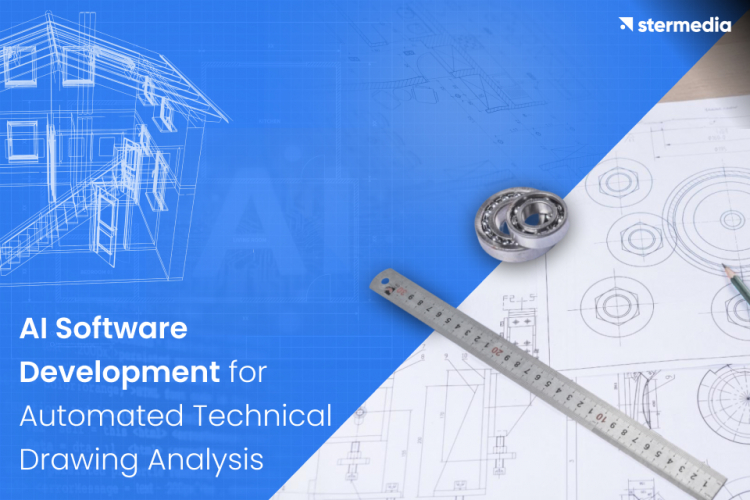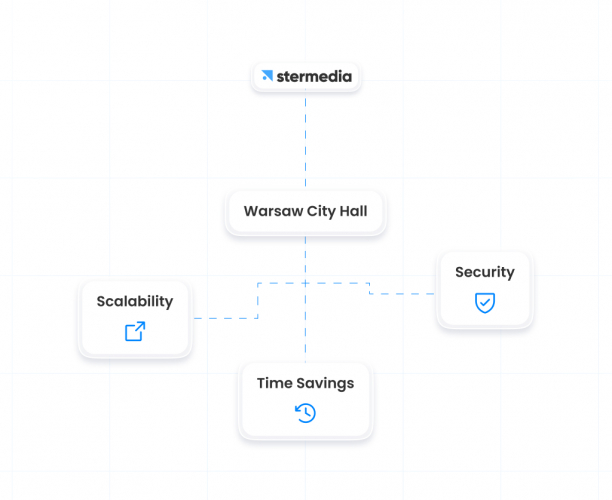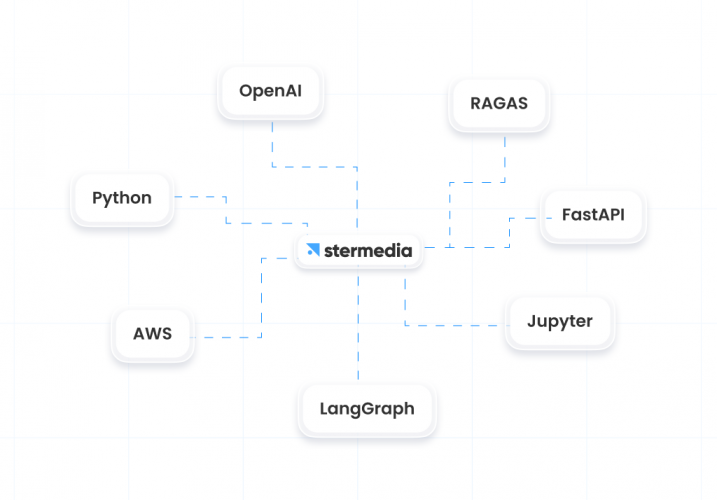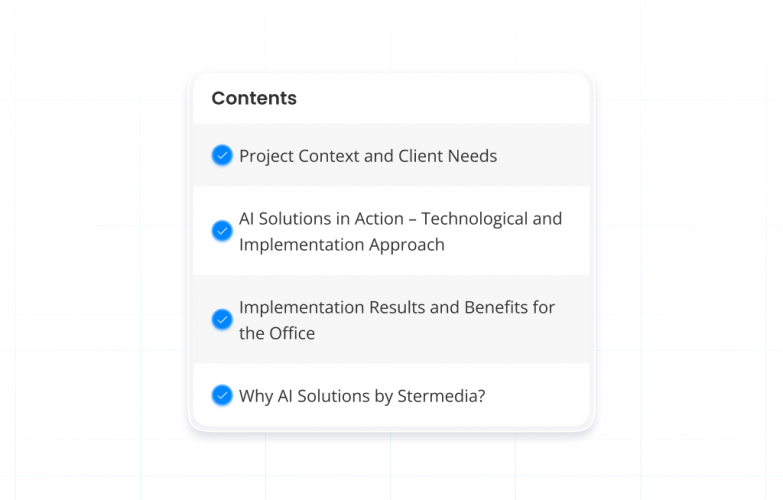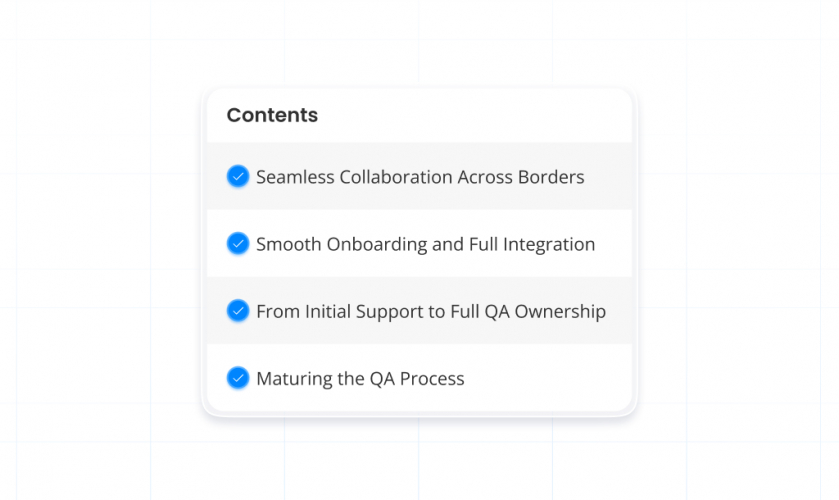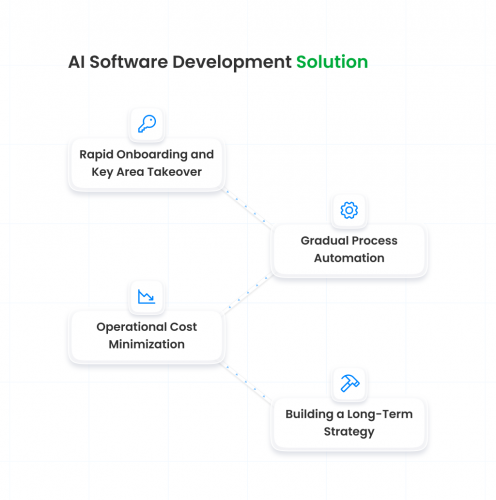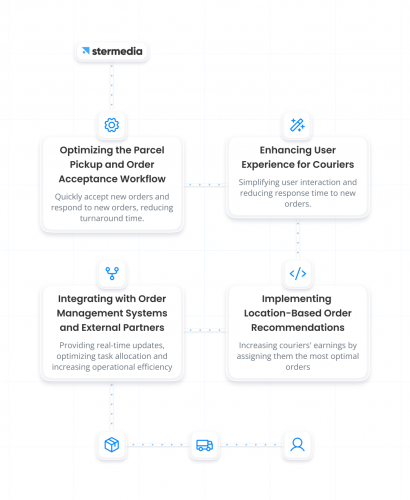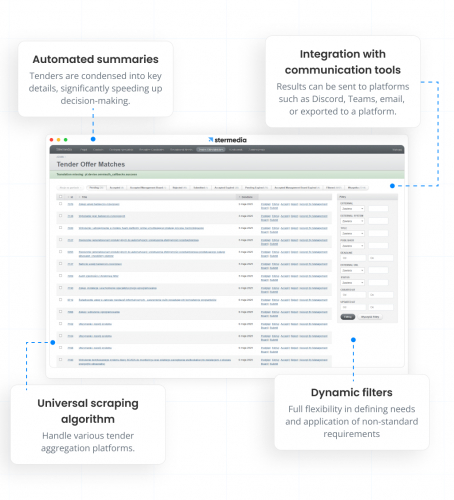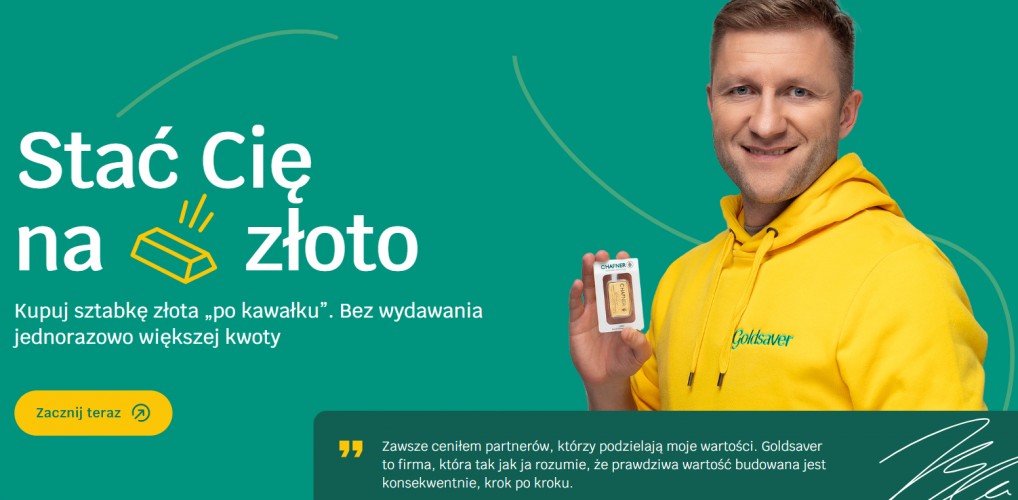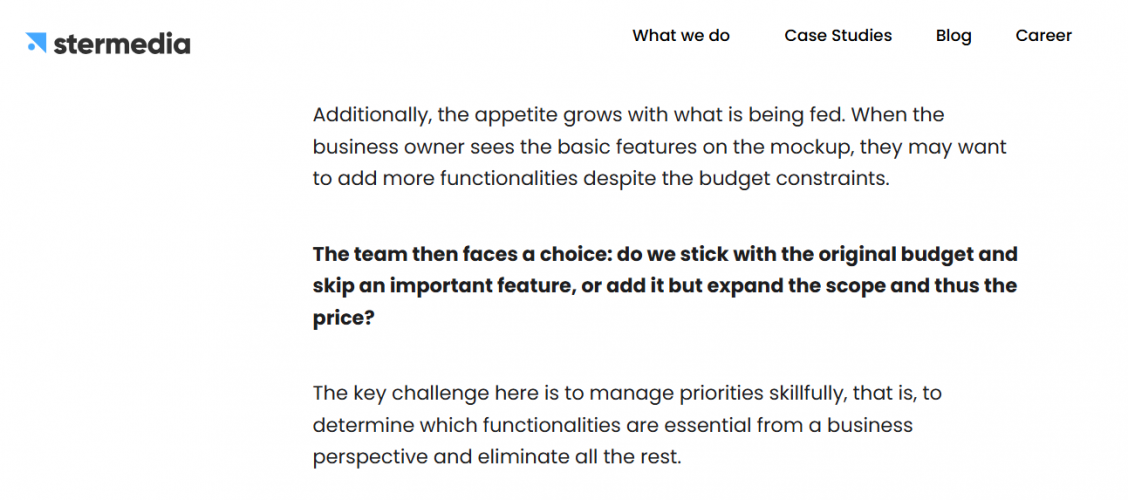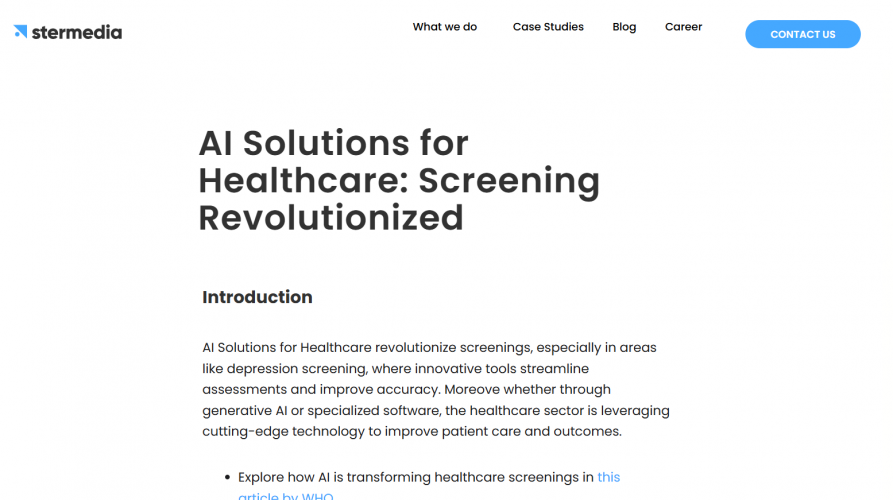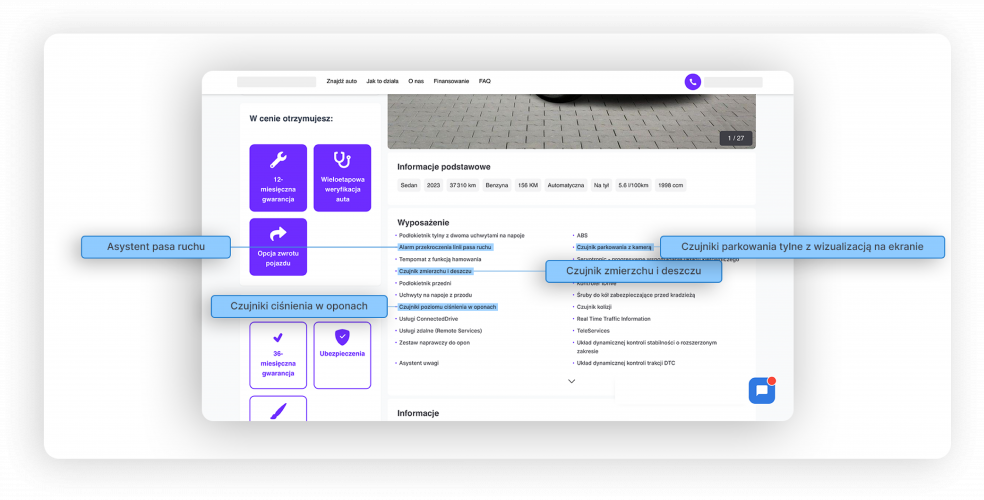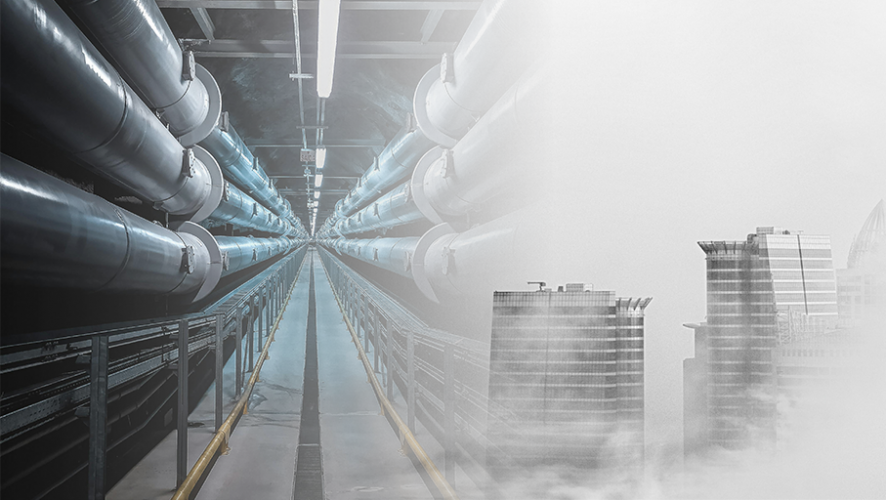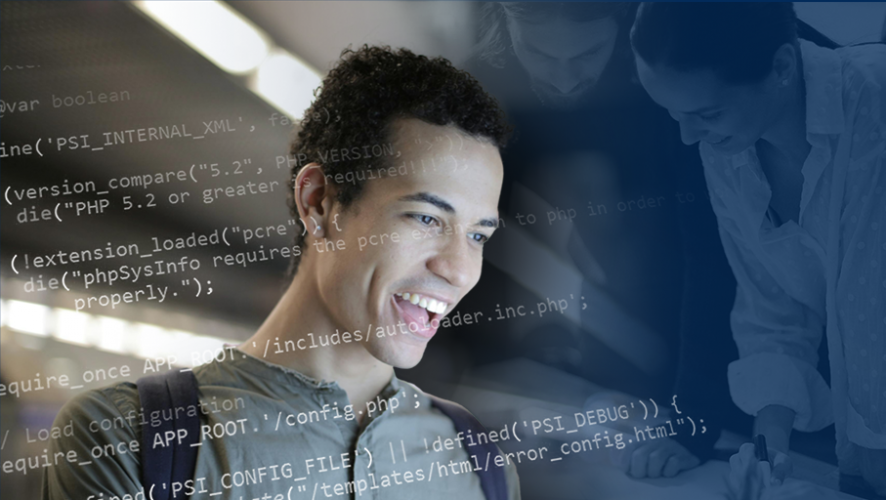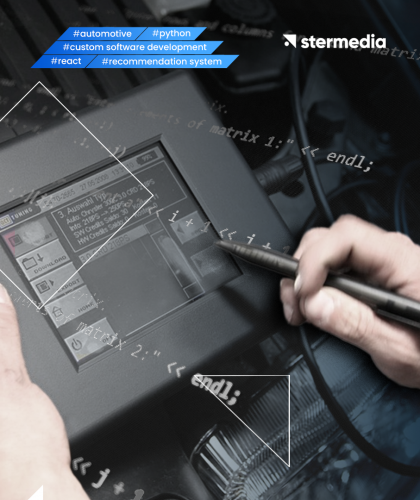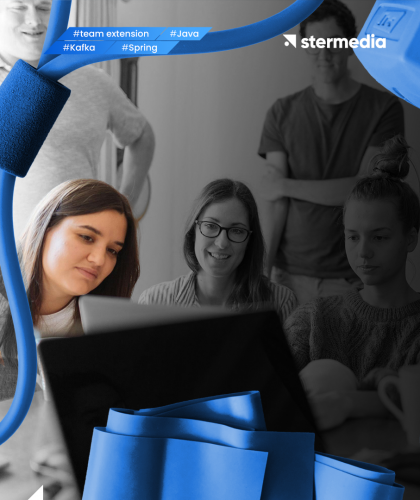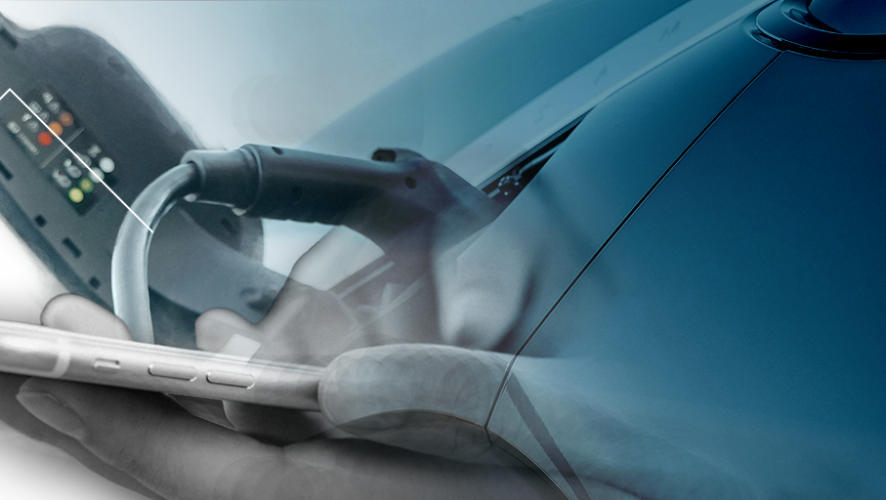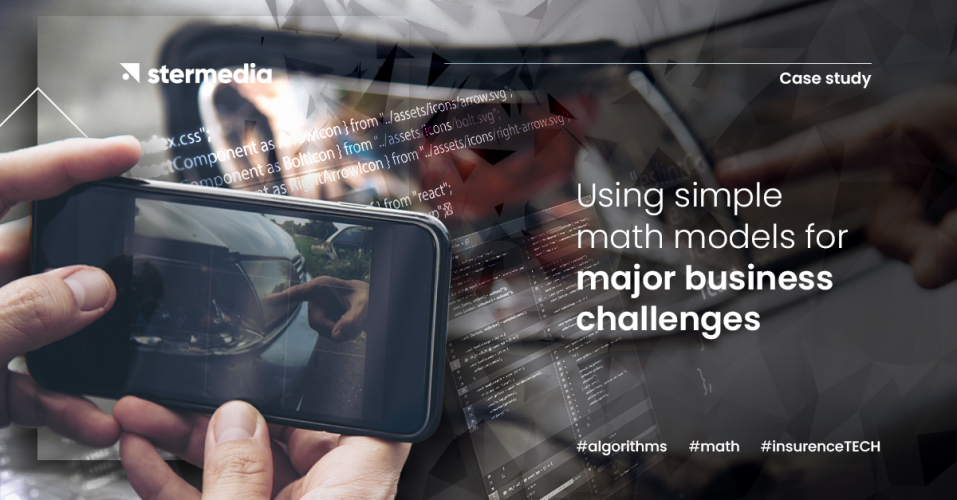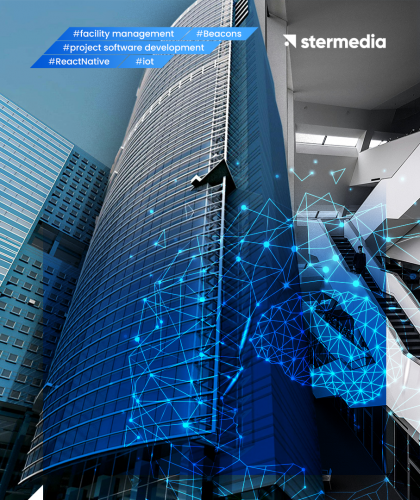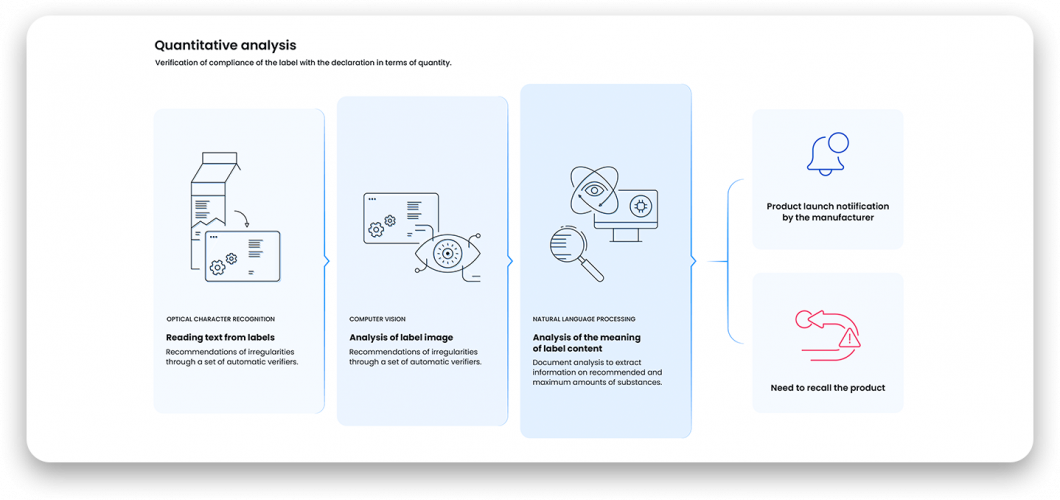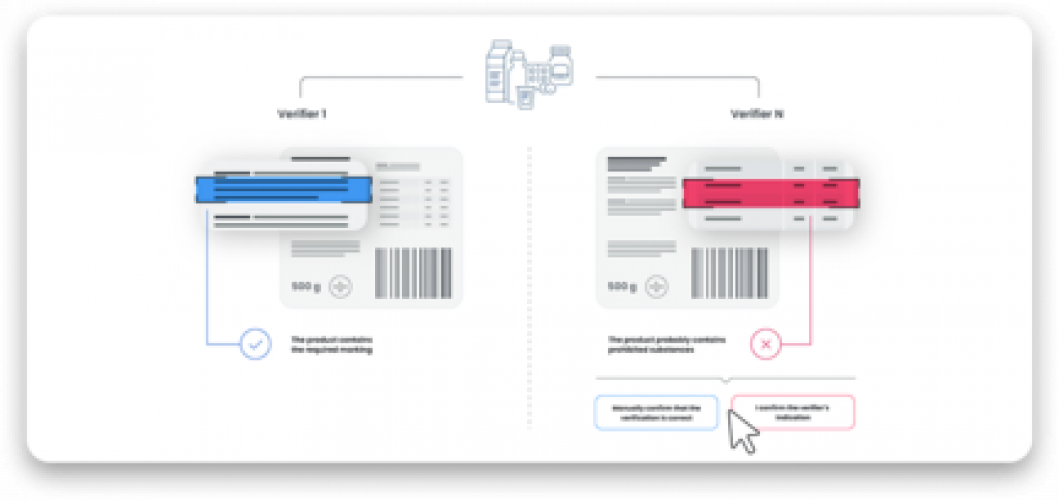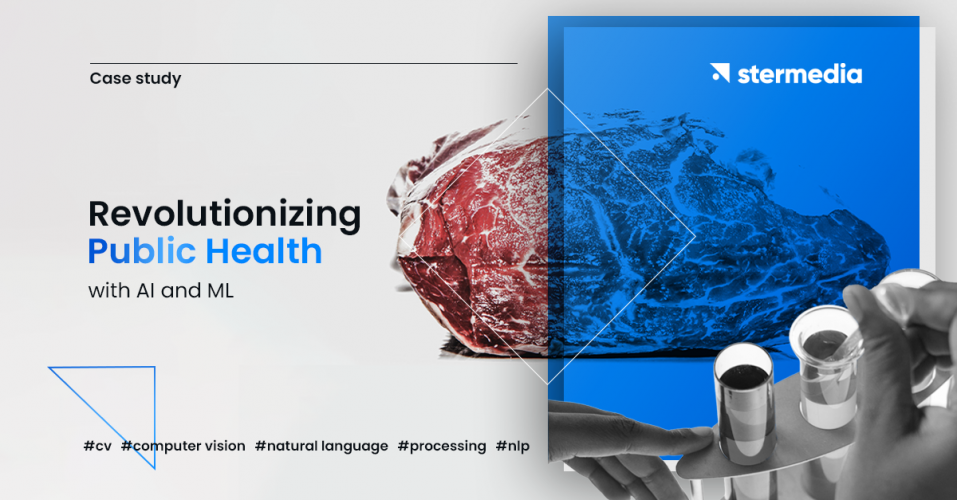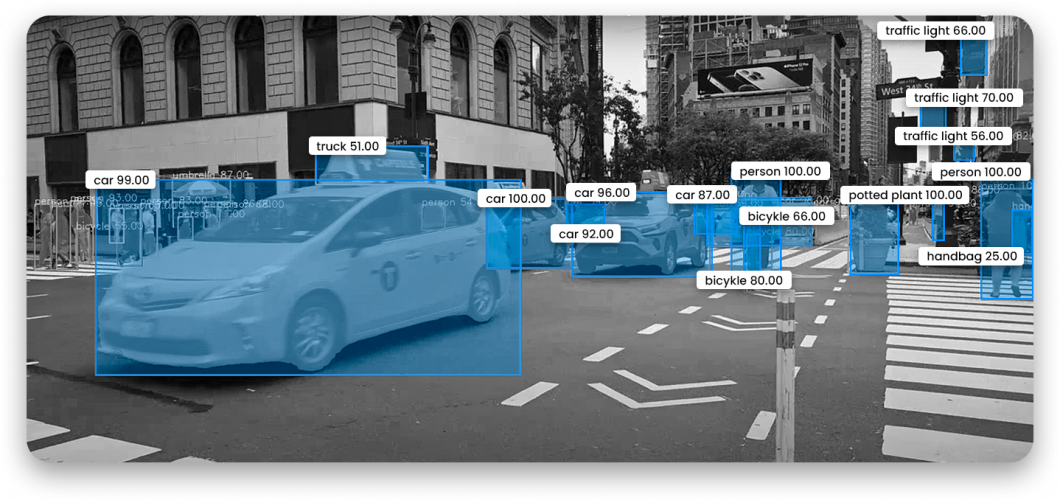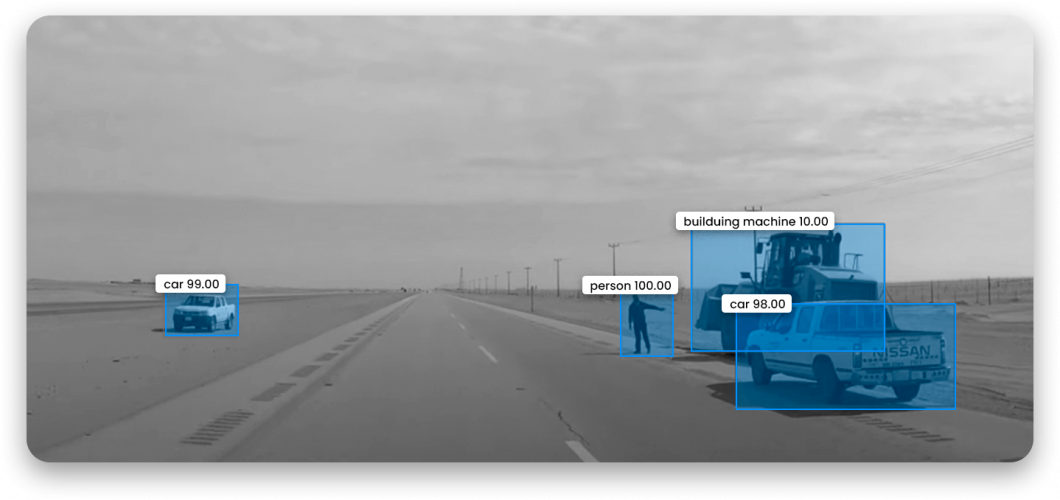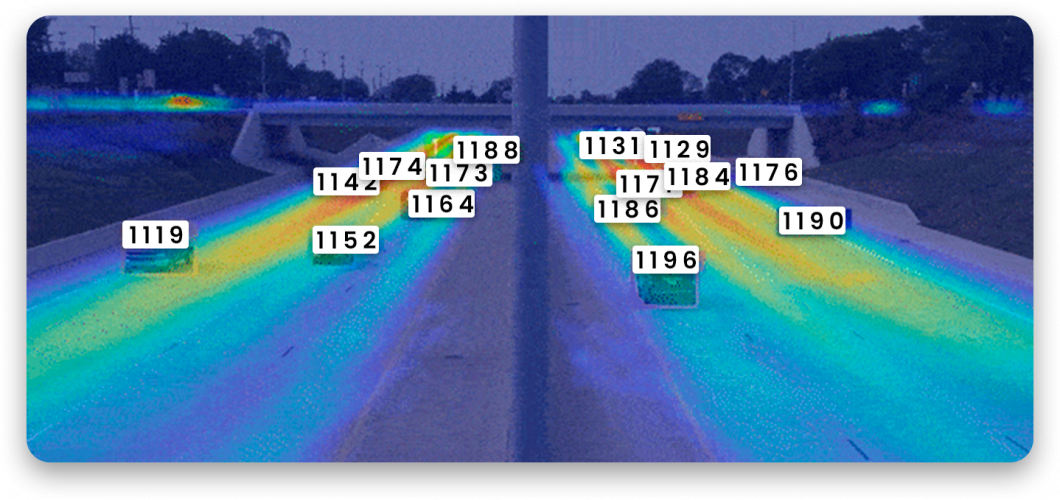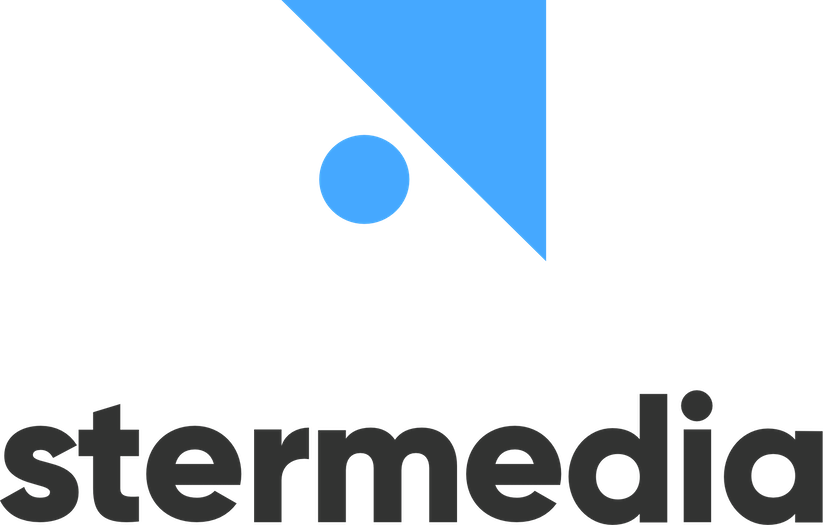

Stermedia
2 Reviews
Machine Learning & Software Development
Since 2009 we have been helping companies and startups throughout Europe and the US to engineer powerful applications, including AI, with user-friendly UX and UI.
We trained histopathological scanners to detect cancer fast with over 89% accuracy. We improved efficiency in a German car factory by 23% and launched an early warning system for catastrophic events in Poland.
86% of our clients chose Stermedia based on recommendations.
 Poland
Poland
Ostrowskiego 13,
Wroclaw,
Lower Silesia
53-238
+48 71 723 43 22
$50 - $99/hr
10 - 49
2009
Detailed Reviews of Stermedia
2 Reviews
- All Services
- Artificial Intelligence
- Mobile App Development
- Relevance
- Most Recent
- Rating: high to low
- Rating: low to high

Martin Mathews
Posted on Dec 05, 2022

Matthew Prince
Posted on Nov 23, 2022
Understood our tight timelines and stuck to them.
Client Portfolio of Stermedia
Project Industry
- Manufacturing - 3.7%
- Financial & Payments - 3.7%
- Other Industries - 14.8%
- Designing - 3.7%
- Government - 7.4%
- Healthcare & Medical - 18.5%
- Information Technology - 7.4%
- E-commerce - 3.7%
- Automotive - 14.8%
- Business Services - 7.4%
- Retail - 3.7%
- Insurance - 7.4%
- Transportation & Logistics - 3.7%
Major Industry Focus
Healthcare & Medical
Project Cost
- $100001 to $500000 - 7.4%
- $50001 to $100000 - 48.1%
- $0 to $10000 - 14.8%
- $10001 to $50000 - 25.9%
- Not Disclosed - 3.7%
Common Project Cost
$50001 to $100000
Project Timeline
- Not Disclosed - 22.2%
- 1 to 25 Weeks - 55.6%
- 26 to 50 Weeks - 14.8%
- 51 to 100 Weeks - 7.4%
Project Timeline
1 to 25 Weeks
Portfolios: 27
